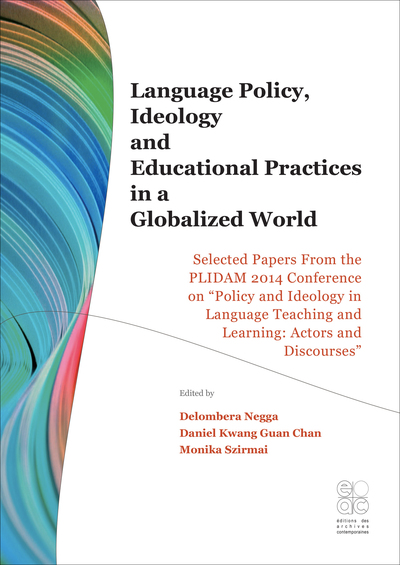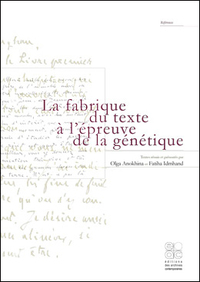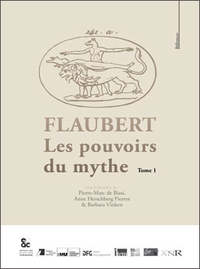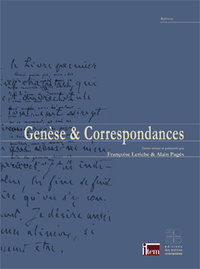Nous utilisons des cookies pour améliorer votre expérience. Pour nous conformer à la nouvelle directive sur la vie privée, nous devons demander votre consentement à l’utilisation de ces cookies. En savoir plus.
Language Policy, Ideology and Educational Practices in a Globalised World
Archives Contemporaines - EAN : 9782813002778
Édition papier
EAN : 9782813002778
Paru le : 28 juin 2018
35,00 €
33,18 €
Disponible
Pour connaître votre prix et commander, identifiez-vous
Notre engagement qualité
-
 Livraison gratuite
Livraison gratuite
en France sans minimum
de commande -
 Manquants maintenus
Manquants maintenus
en commande
automatiquement -
 Un interlocuteur
Un interlocuteur
unique pour toutes
vos commandes -
 Toutes les licences
Toutes les licences
numériques du marché
au tarif éditeur -
 Assistance téléphonique
Assistance téléphonique
personalisée sur le
numérique -
 Service client
Service client
Du Lundi au vendredi
de 9h à 18h
- EAN13 : 9782813002778
- Collection : REFERENCES
- Editeur : Archives Contemporaines
- Date Parution : 28 juin 2018
- Disponibilite : Disponible
- Barème de remise : NS
- Nombre de pages : 230
- Format : H:170 mm L:240 mm E:14 mm
- Poids : 430gr
- Résumé : The challenges posed by globalization for languages, policies and education form the basis of this collection of selected doubly-blind peer-reviewed articles, which have been put together following the 2 14 PLIDAM conference on “Policies and Ideologies in Language Teaching: Actors and discourses”. The chapters collected in this volume revolve around the topic of globalization, which we understand to be a blend of ideas covered by at least four meanings: (1) internationalization, in reference to the growing interdependence and transactions between countries; (2) liberalization, which has to do with the forming of an ‘open’ and ‘borderless’ world economy; (3) universalization of certain phenomena around the world; and (4) westernization, with an emphasis on the influence of Western values (gender equality, freedom of speech and other ideas inspired by the West) over the rest of the world. The four broad themes that the chapters are organised into are (I) Policies in Language Teaching and Learning; (II) Language Policy, Ideology and Minority Languages; (III) Language Teaching and Learning across Cultures; (IV) Language Teaching and Learning with Technology. Contributing to the knowledge, discussion and debate about the impact that globalization has had on languages, policies and education in a wide variety of contexts, we hope that this book will be useful and informative to language researchers, policy makers and anyone with an interest in the intersecting field between languages, policies and education.





